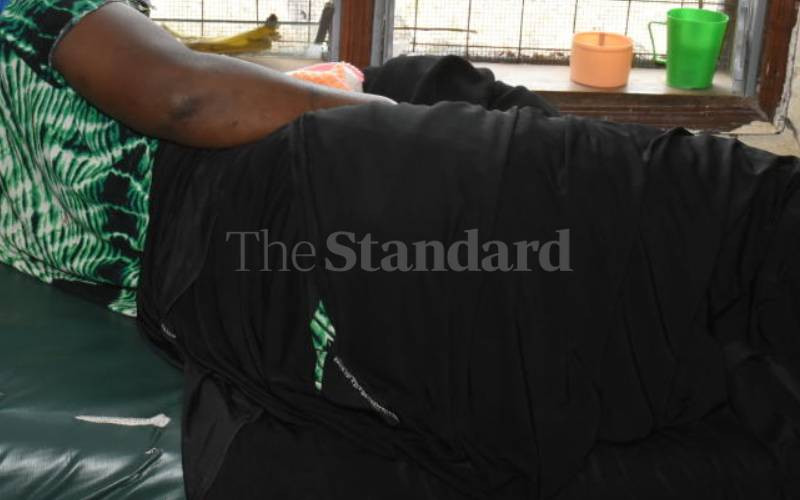
The Covid-19 lockdown in 2020 provided couples with more free time than they were accustomed to.
This presented new challenges in the reproductive health department as many couples had more time for sex but few women wanted to get pregnant during the pandemic.
According to a survey released by Performance Monitoring for Action (PMA), a health consortium in Africa and Asia, only one in ten women wanted more children in 2020. This explains why the use of modern methods of contraceptives increased from 56 to 61 per cent in 2020 while unintended pregnancy rates declined from 42 to 37 percent.
There are differences in the way married and unmarried women seek to delay pregnancies. The survey found out that unmarried women prefer short-acting methods like emergency contraception, while married women chose long-acting methods.
The most popular method for unmarried women is male condoms at 29 per cent and injectables and implants both at 26 per cent. The married woman preferred injectables at 39 per cent and implants 37 per cent.
Of interest is that 15 per cent of women hide from their partners their choice of contraceptive method majority being adolescents while 22 per cent had not discussed the matter to delay or avoid pregnancy with their partner.
The report comes amid concerns of rising teenage pregnancies when Kenya was under partial lockdown and schools were closed in 2020.
The survey involved more than 9000 women and reveals that despite the disruptions in health services during the pandemic, women still sought emergency contraception, condoms, pills, injections and implants to delay or space pregnancy.
The lead researcher of the survey, Prof Peter Gichangi, from the International Centre for Reproductive Health Kenya (ICRH-K) said that the uptake of contraceptive use was backed by the government which put in measures that ensured continuity of Sexual and Reproductive Health service provision amid the Covid-19 pandemic.
Hospitals in Kenya experienced stock-outs of contraceptives with a majority at 70 per cent experiencing interrupted supply chain after making orders.
Kenya meets 76 per cent of the demand for contraception by modern methods, a slight increase from 70 per cent in 2014, and 74 per cent in 2019. According to the survey, married women use modern contraceptives more than their unmarried counterparts at 58 per cent in 2019 and 62 per cent in 2020, as compared to 56 and 61 per cent in that very period for the latter group.
With a disrupted health system during the pandemic, some women failed to get comprehensive information during family planning appointments including “possible side effects or problems, where to go if and when they experience them and other family planning methods” says Mary Thiong’o, PMA Kenya Senior Technical Advisor at ICRH Kenya.
In April 2020, the United Nations Population Fund (UNFP) had warned that there was a likelihood of increased early and unintended pregnancies but there was no concrete data to back up the claims.
 The Standard Group Plc is a multi-media organization with investments in media platforms spanning newspaper print
operations, television, radio broadcasting, digital and online services. The Standard Group is recognized as a
leading multi-media house in Kenya with a key influence in matters of national and international interest.
The Standard Group Plc is a multi-media organization with investments in media platforms spanning newspaper print
operations, television, radio broadcasting, digital and online services. The Standard Group is recognized as a
leading multi-media house in Kenya with a key influence in matters of national and international interest.











